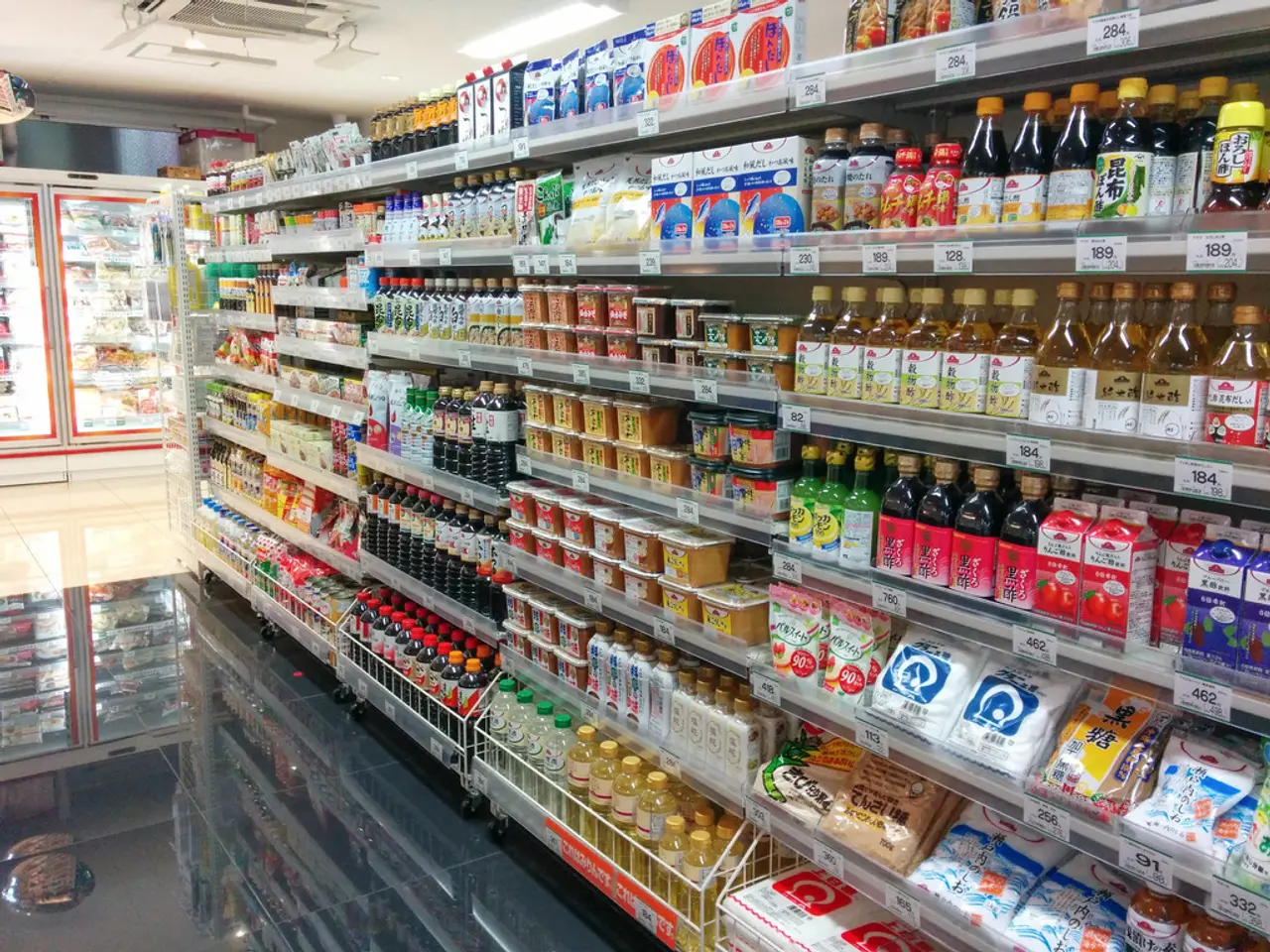Decision on Minimum Wage Sweetens Economic Vibrancy
A proposed two-step increment in Germany's minimum wage has sparked a wave of reactions among economic heavyweights. Companies in the logistics sector, for instance, are gearing up for hefty wage costs, predicting a surge in automation and job losses due to the planned increase.
The decision to elevate the statutory minimum wage from the current €12.82 per hour to €14.60 by 2027 has left logistics leaders fearful. Fearing the next cost jump, the Federal Association of Parcel and Express Logistics (BPEX) and other associated industry bodies predicted reduced growth prospects and layoffs. They argue that the federal government's investment and growth stimulus may be futile under such mounting personnel costs.
Meanwhile, farmers are raising the alarm over the potential displacement of fruit, vegetable, and wine cultivation from Germany, vowing that they cannot withstand the competitive blitz within the EU, which could further prompt production relocation abroad. Seasonal workers also need special consideration, as per the farmers' association, who propose they receive 80% of the minimum wage rate.
The retail sector, too, expresses concern, with the German Retail Federation (HDE) slating the hike as a hazard to jobs in the private sector. HDE President Alexander von Preen believes that employers should find jobs financially viable, or they will face the axe.
Marie-Christine Ostermann, the president of family entrepreneurs, warned of tough times ahead, fearing that businesses will struggle to navigate the economic turbulence brought by the wage hike, especially since the increase set for 2027 assumes an economic upswing that isn't apparent at the moment.
However, DIW President Marcel Fratzscher criticizes the cautious move to raise the minimum wage only to €14.60 by 2027, viewing it as a missed opportunity. Fratzscher posits that a higher minimum wage could help millions of workers while encouraging productivity, fair competition, and fostering a more attractive labor market, particularly for foreign workers in the context of the current labor shortage.
Whilst some economic experts maintain that the increase of over 8% next year and another 5% in 2027 may reflect an optimistic labor market view given the current economic challenges, others explain that the second step to €14.60 in 2027 aligns closely with the European reference value of 60% of the median wage for April 2025, a win for trade unions, who recently established the reference value as a new criterion.
The minimum wage commission's decision, despite statements from SPD top politicians that the minimum wage should reach €15 in 2026, has sparked dissent in the SPD labor wing. Cansel Kiziltepe, federal chairwoman of the SPD's working group on work, calls for raising the minimum wage to €15, arguing that full-time workers should not have to resort to supplementing their wages or live in poverty during their golden years. Despite this, the debate over the minimum wage is reportedly drawng to a close, with Chancellor Friedrich Merz and CDU general secretary Carsten Linnemann finalizing the agreement as a testament to social partnership and joint Commission decision-making in wage negotiations.
Additional Insights
Studies suggest that minimum wage hikes of up to around 15% can boost wages for the lowest-paid workers without resulting in significant employment losses. The commission strikes a balance between shielding low-wage workers and contemplating economic factors such as current stagnation and uncertain growth projections. With the agreement, the commission aims to create better earnings for low-income workers while minimizing adverse effects on employers and the broader economy.
- Potential impacts on industries: Logistics, retail, agriculture
- Labor costs could increase for companies in these sectors, potentially forcing businesses to explore automation and technology investments to offset expenses.
- Price adjustments may occur in the supply chain, affecting final consumer prices.
- Higher wages in retail could lead to broader increases in employment costs.
- Agriculture may resort to reduced labor intensity, increased mechanization, and crop alterations to counteract wage hikes.
- Food prices could tick up due to increased labor costs being passed through the supply chain.
[1] Automation and the changing shape of jobs in logistics[2] The retail sector facing minimum wage hikes[3] Agriculture and the minimum wage: Adapting to changes in labor costs[4] Revisiting the economics of minimum wage increases[5] The impact of the German minimum wage on employment and wages in the logistics industry
Vocational training programs could be valuable for businesses in the logistics sector to adapt to automation and counteract potential job losses caused by the minimum wage hike. This investment in employee skills may help offset the increased finance costs associated with higher wages.
The implementation of the minimum wage hike may also necessitate revisions in the community policy, focusing on vocational training and workforce development strategies to help low-income workers transition to new job opportunities that evolve due to automation and technology investments. This would ensure sustainable economic growth and minimize adverse impacts on businesses and the broader community.






